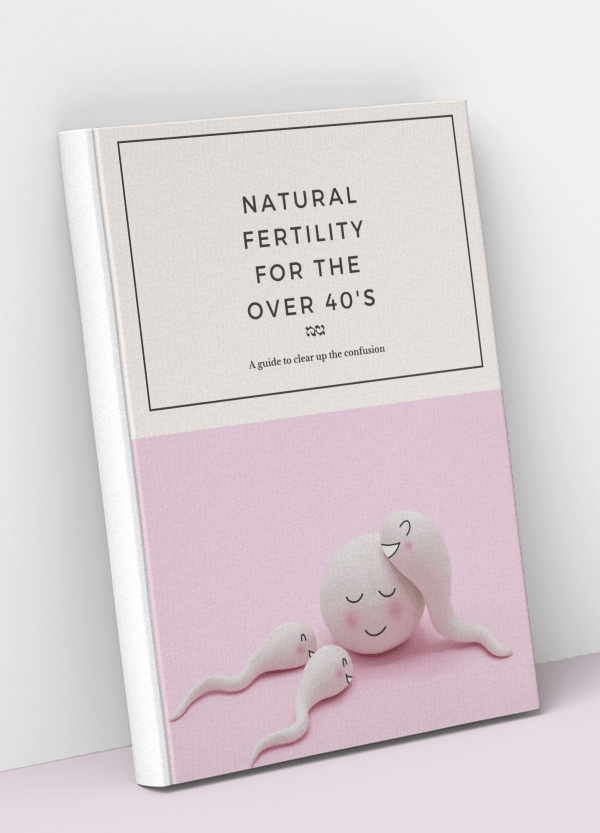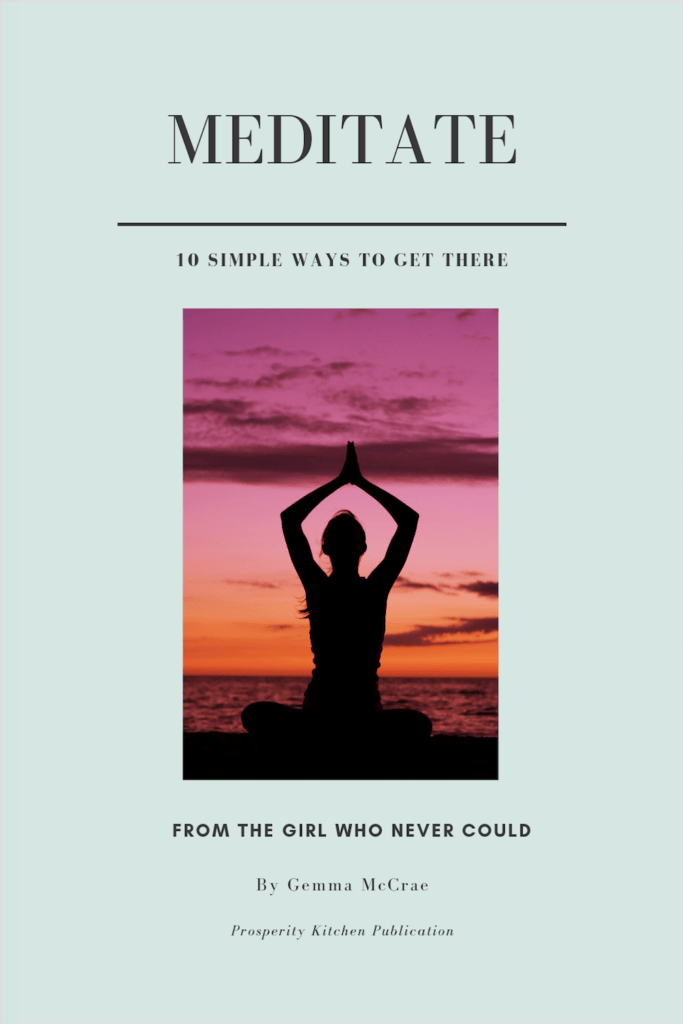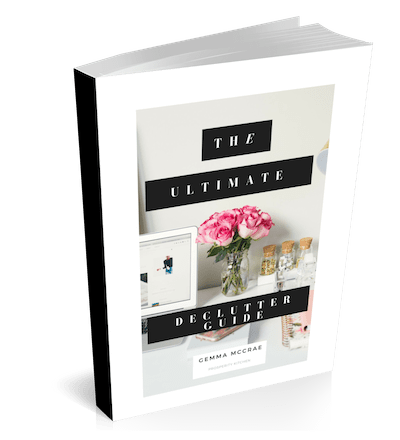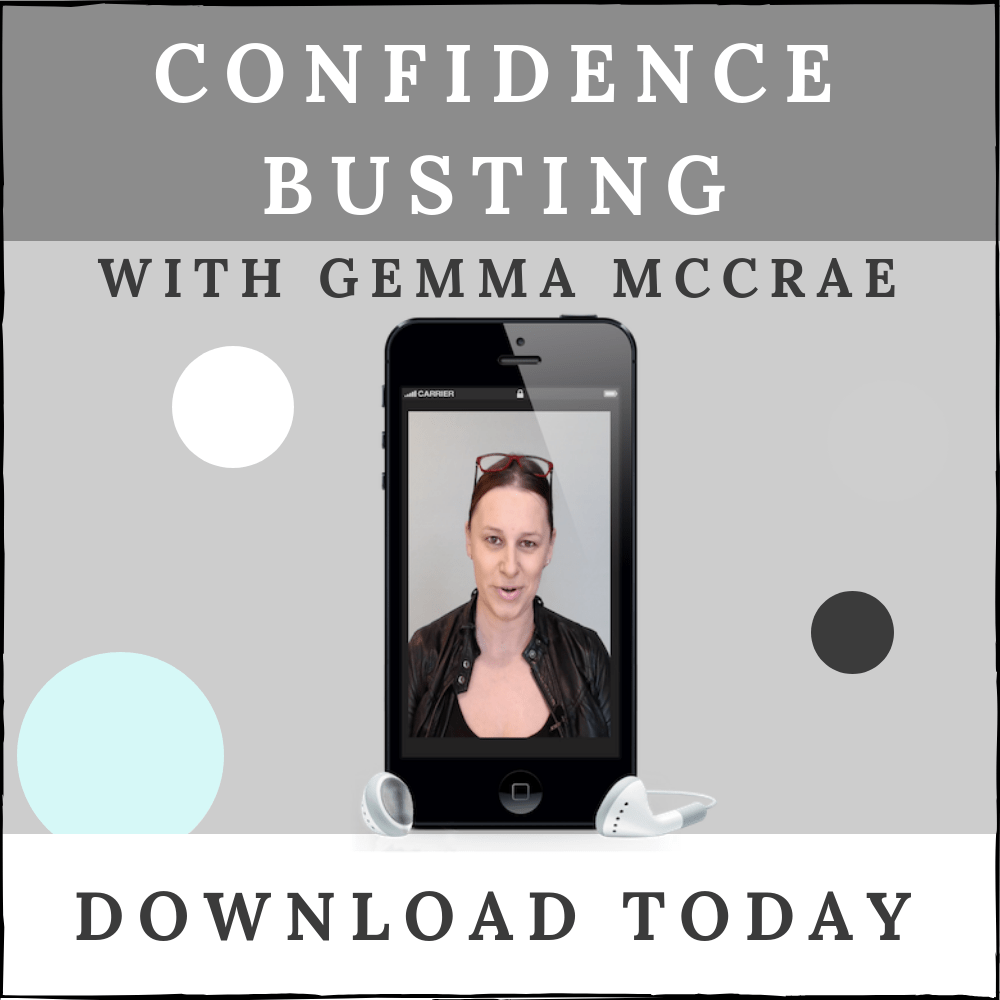In today’s blog I give you the transcript from an interview I did with the City CV Queen herself, Victoria McLean: 10 Tips To Construct The Perfect CV.
Applicant Tracking System anyone? Eh? What? Never heard of one? Well if you’re submitting a CV it’s crucial you know what it is and how to beat it!
Don’t worry, Victoria has got you covered In this blog post, she literally takes you through, step by step how to structure your CV, what to include, what not to include, how to format your CV and answers the question: should you accompany with a handwritten covering letter?
It’s career gold.
It may seem laborious to scroll through a transcribed conversation BUT BUT BUT, the content is sooooooooooooooo good, I mean really really good, that I couldn’t rob you of the chance to digest every single word (well nearly) that was spoken.
So, I encourage you to read every word, the devil is in the detail with CV writing, but if you’re stuck for time, scroll down to the bottom and have a look at the summary section.
Are you ready?

Victoria City CV: Tip 1: The first thing to remember is that your CV is not just a list of everything that you’ve been doing. You’ve go to reframe it. It’s a marketing document and a business case that needs to clearly demonstrate why you should be hired. So, the way that I view a CV is that it’s about demonstrating, to the reader, whoever your audience may be, that they are going to get a really good return on their investment if they hire you. It’s all about your commercial value and the impact that you’re going to have and how that aligns with their own goals. So, rather than thinking of it as a list and what were my responsibilities, reframe that and think quite carefully about your audience and what they need. Probably my first bit of advice would be don’t be too inward focussed. Don’t be too me me me. Think you you you.
Think about your audience and think outwards about what their requirements are.
Victoria City CV: Tip 2: Really importantly, over the last 5 to 10 years probably, recruitment has changed hugely. I’m not sure how many people have heard of an ATS or an Applicant Tracking System but essentially this is the recruitment database that 99.9% of recruiters use, most big companies now use as well, where they store the CVs and these are searchable databases and they search on them using keywords in the same way that we would search on Google. So what’s absolutely vital is that you beat the recruitment algorithms by having the right keywords in your CV. So before you start you must do some keyword research. Look on Google. Look at job specs. Try to recognise the type of language that’s being used when they are advertising for someone like you. Make a list and then ensure that you get a really good density and breadth of those words throughout your CV.
Victoria City CV: Tip 3: Your CV is a business case, so when we’re thinking about your audience and who they are, what are the things that are going to get them excited? If you could put yourself in their minds, is it about increasing efficiency? Are you going to be increasing profitability? Is it about revenue? Is it about clients? Is it about something else? Think really carefully about why they are hiring you and the impact you will have and then try and use that language throughout your CV, both in the profile, in the expertise section and also when you’re writing about your professional experience, always try and loop back to their needs. So thinking about your audience – really really important. Be very clear on what that business case is.
Victoria City CV Tip 4: I normally would suggest having a title at the top of your CV which clearly states what you are. So, Marketing Manager, Product Manager, Project Manager, Doctor, whatever it may be, have this at the top of your CV so that the recruiter instantly aligns you with a target role.
Need to boost your confidence levels?

Looking to build up your confidence levels but not sure how? Got a particular area of your life where you need more confidence? If you do then click here and watch my FREE video on How To Build Confidence.It’s helped so many people already.
Victoria City CV Tip 5: And then of course the most important bit, where they’ll really make their decision is the professional experience part. And this is where most people really really struggle. With every bullet point that you write, think about making it what I call FAB and the FAB stands for Fact Action and Benefit. So with everything you’ve done, think OK what happened? What were the facts? What did I do? What was the action and what was the impact of that? What was the benefit? And if every bullet point is FAB then it should really show how valuable you can be. Also include the size of the role and the team and the budget, just as much as you can. So quantify where you can. And keep it simple
Victoria City CV Tip 6: . You’ve really only got two pages to do this. Maybe three if you’ve done a lot of interim work or project work, but try and keep it concise, lots of white space and use clever formatting to make it look pretty and attractive and slick and professional.
Prosperity Kitchen: That’s really good advice. So, just to highlight, you’re saying, which I loved:
- Your CV is actually a marketing tool. It’s a marketing document. Think of it like that. You’re saying overall,
- Always think about the audience.
- Keep in mind about the software package that 99% of the HR departments called an “ATS”.
- Make sure that you’re using specific keywords in your CV.
- Select an appropriate title for your CV.
- You’re saying, and I love this about professional experience, think about your codename FAB which is Fact Action and the Benefit.
- Two pages maximum for your CV length.
Prosperity Kitchen: Just one question then, when you say think about the audience, would it be appropriate then to tinker your CV if you’ve got slightly different audiences that you’re sending your CV to?
Victoria City CV Tip 7: You absolutely have too. For any different type of role the outcomes are going to be quite different. So, is it about the client? Is it about something else? Is it a different industry? You may even just want to play around with the bullet points. You’re always going to need new keywords so always always tinker with it for every role. And the really good trick is to try and mirror the language in the advert because, generally, it’s the recruiter that has written the advert. So if you can mirror their language, almost subconsciously, they are going to recognise that you’re this perfect fit for their role. You’ve go to remember that anyone that’s hiring has got a gap that needs filling or a problem that needs solving and your CV has to show that you are the perfect perfect solution to their problem and that’s why tailoring it so precisely makes all the difference.
Victoria City CV Tip 8: In the UK – very little personal information is needed actually. If you’re looking for a role in Austria or Luxembourg or Germany they tend to want a lot more. They’re interested in date of birth, marital status, health, driving licence, that type of thing. In the UK, all you really need to include at the top is the town, preferably where you want to work and your postcode because recruiters will often search on city and postcode. And your phone number, your LinkedIn URL preferably and your email address. And I would recommend maybe having an email address or phone number on page two maybe as a footer as well but you really don’t need any of the other detail and certainly not a photo either. It’s become so litigious in the UK. People are so worried about discrimination that a lot of organisations, and I know this from when I was in banking, we couldn’t accept CVs that had photos or too much personal detail on them. We would delete them and ask for the candidate to resend because we were just so worried about discrimination issues.
Prosperity Kitchen: Crikey that shows how long I’ve been out of the game because when I was looking photos were needed. So you don’t have to put your sex on the CV either?
Victoria City CV: No. Absolutely not. It’s not always obvious because there are so many different names so it’s not obvious. The other thing I would suggest is that you avoid anything that shows your political or religious leaning. So, I often see CVs where people may have been involved in community type voluntary work with a local religious establishment/organisation. I would normally leave that out. You can talk about or write about the work you’ve been doing and the achievements and similarly if you’ve been involved in any political campaigns, which I often see, I would avoid mentioning the name of the party because you just don’t know what people’s thoughts are going to be or how they might discriminate against you and the whole purpose of your CV is to get you the interview and then the job so keep it really simple.
Prosperity Kitchen: Do you need to mention clean driving licence? I’m assuming that’s no longer important either?
Victoria City CV: Only if you’re likely to drive on the job I guess, like a truck driver.
Prosperity Kitchen: Funnily enough I haven’t been a truck driver but yes that just shows how out of the game I am. So, right, very good advice. What is next? The format. The CV format. Can you talk to us about that?
Victoria City CV Tip 9: OK so formatting is something that people really struggle with. You spend a lot of time thinking about keywords and what you want to include and then it’s like, how am I going to get all of it on to two pages and I know it’s really tough because it’s so subjective. Naturally you don’t want to delete anything but you’ve got to be really really ruthless because you don’t want it to just look really really crammed in. What I’m always amazed by is the inconsistency that I see on CVs. Even at really really senior level. We all know how important first impressions are. Your CV represents you and it also represents the type of work you might be doing or producing for your employer, so it’s got to be absolutely perfect.
Make sure you have no typos firstly of course. Do a spell check but also get somebody else to proof it and proof it and proof it. It’s really hard to proof your own work. Check your grammar obviously as well. But in terms of the formatting, in the UK again and most of Europe, keep it really professional and really corporate. Generally we don’t like crazy designs or formatting in this country. Even if you’re going into a branding or marketing role we’ve got to keep it simple because also the ATS, the Applicant Tracking Systems, don’t like tables. They don’t like text boxes. They don’t like logos. They don’t like photos. It can really mess up the way that they screen and search. They often can’t read content in a table or a text box for example so keep it really simple. Make sure that everything is consistent. Your spacing between your jobs should probably be bigger than the spacing between your bullets but make sure that throughout the document it’s all consistent. Everything’s aligned, everything’s justified and just really get whizz-kid at Word so that it’s absolutely spot on. Your margins shouldn’t be too big and just lots and lots of white space.
Prosperity Kitchen: In fact, should it be sent in Word or should they convert it to a PDF or does it not really matter?
Victoria City CV: Some of the applicant tracking systems struggle to read the content in PDFs. A lot of them can but they can’t all. For some of the jobs you also need to send a TXT file which looks a bit rubbish but it enables the system to screen really well. I would go for Word.
Prosperity Kitchen: And, sorry, just one probably minor question, in terms of font, do you have a particular font that you recommend somebody should use?
Victoria City CV: I like simple fonts so Calibri, Arial, something really clear and really easy to use.
Prosperity Kitchen: Prefect. So should we accompany a CV with a covering letter and, if we should, what should the covering letter say?
Victoria City CV Tip 10: In reality, recruiters are really really busy and, quite honestly, they don’t always read covering letters. So, if you are not asked for a covering letter you may not need one. However, there’s a caveat to that. If the company specifically requests a covering letter. If you are either moving country or moving from one type of role to another, it can be a really really good way of expressing your motivation and explaining that move.
I like to see a cover letter and when I’m hiring it means a lot to me. I love to see why people are excited about working for City CV and emotive language really really helps. So if you can use language like excited, delighted, thrilled, I love, that kind of language really gets some emotion across can make a really big difference. If you are going to write a letter then, and we write a lot for our clients, both speculatively, if you might be applying randomly to a company or if you’re directly applying to a role, there’s some areas that you definitely need to cover.
So, we would normally start with a short paragraph that says who you are and what you do and why you’re writing and then the next three paragraphs are about motivation but they’re about motivation for three different things. So firstly, motivation, it doesn’t have to be in this order but motivation for the sector. So why law, why surveying, why finance, why farming? Whatever it may be, express why you’re excited by that sector and don’t make it all about you. Try and think outwards, so the impact that it has on the global economy or real life but try and think wider about why that sector really excites you and appeals to you. You then need to write about why the role itself and in that you can be quite clever. So, again, rather than being me me me I want it because I want this and that, think about how you can implicitly sell yourself at the same time. So what I mean by that is, one of the things that really appeals to me about this role is the client management side which was a key part of my role, key focus of my role at PWC where I double client revenue with existing customers. I thrive on exceeding targets and find the client exposure in this post particularly attractive. So what you’ve done there is said why you want the role but you’ve written a couple of really really good things about yourself. So you’re selling yourself implicitly.
So it’s a great idea to think about the role, to think about the criteria, make those your motivations and always think back, circle back, well how can improve this? How can I show how good I am? So that’s about the role and then finally of course you need to write about your motivation for the company. So flatter them. Provide lots of detail. This is a really good chance again to sell yourself and show how clever you are because you’ve done your homework and you’ve done your research. So don’t just regurgitate, which I see all the time, the website or the careers page – I want to work for X because you have X number of employees in X countries worldwide. Anybody can do that. This is where you can really impress by providing DeepDive data if you like, showing that you’ve done that extra bit of research about the awards, about their clients, about particular deals they may have won or strategies they may be following. And then wrap up at the end with a call to action, how you can be contacted and what you see as the next steps. So it’s a really nice, easy-to-follow structure for the covering letter.
Prosperity Kitchen: Yes. And not to state the obvious – can you do handwritten letters or is that a complete no-no nowadays?
Victoria City CV: Nowadays everything’s on email. And also you can probably get some keywords into that letter too which would be good on the ATS. So, whilst you can and it might be nice to add that personal touch, it’s very rare now. What I would say is, it depends on how you’re conducting your job search but if you are applying to a specific person in a specific team and actually bypassing recruitment is a good way of getting your CV on the right desk, then a handwritten letter can’t just be deleted. It hopefully will end up on their desk so it’s always worth a try.
There you are everyone, one of the best tutorials I’ve come across on how to construct the perfect CV.
I hope this helped you.
Gemma
x
Full Podcast Interview with Victoria:
For the full interview with Janey on my podcast click here.
Summary – How To Construct The Perfect CV

So in summary:
- Your CV is a marketing document and business case (as why they should to hire you).
- Beat the applicant tracking systems by using powerful keywords in your CV.
- Adapt CV so it meets the needs of the potential employer. What problem are you solving for them?
- Have a title at the top of your CV stating what you are – Project Manager, Marketing Director, Doctor.
- Professional Experience Section – Make sure it’s FAB – see details in main body of blog.
- Keep your CV two pages long – MAX!
- Amend your Cv to suit the audience.
- Remember, you don’t need to give a lot of personal information.
- Format your CV properly and get it proof read.
- If you write a covering letter ensure you explain the x 3 Motivators.
BIO

Gemma is a leading Life Coach & Business Coach, Award Winning Podcaster and the owner of Prosperity Kitchen. Regularly featured in the national press, Gemma is one of the “go to” people on Life Coaching & Business Coaching. Gemma counts VIPs, High Net Worth Individuals, Entrepreneurs, Career Professionals, Stay at Home Parents and all manner of other amazing people as her clients. She specialises in Personal Development, Career Coaching, Employee Coaching, Executive Coaching, Confidence, Motivation, Health and Small Business Coaching.
 Victoria is the founder and CEO of City CV, an award-winning international career consultancy, which is devoted to supporting people at all levels with career transition and development. Victoria is a Certified Advanced Resume Writer, Advanced LinkedIn Consultant, Professional Employment Interview Coach and an active member of the Professional Association of Resume Writers (PARW) and Career Directors International (CDI). Her professional journey began in recruitment and provided an essential grounding in the corporate world, together with invaluable international experience. Victoria spent the earlier part of her career in London and Sydney, working with leading recruitment firms, TMP & Robert Walters, prior to moving to the role of recruiter for Goldman Sachs in 2004 and Merrill Lynch in 2005. It was in this role that her expertise came into its own and she was charged with leadership of the experienced hire recruitment process across several divisions. Additionally, she was a key player in recruiting for the set-up of Merrill Lynch’s emerging markets’ hubs, including across MENA and Russia CIS. Armed with in-depth knowledge of the banking / finance industry, she identified a gap in the market for high quality CV writing and interview coaching which would support executives, professionals, women, parent returners and graduates to secure the jobs they truly deserve.
Victoria is the founder and CEO of City CV, an award-winning international career consultancy, which is devoted to supporting people at all levels with career transition and development. Victoria is a Certified Advanced Resume Writer, Advanced LinkedIn Consultant, Professional Employment Interview Coach and an active member of the Professional Association of Resume Writers (PARW) and Career Directors International (CDI). Her professional journey began in recruitment and provided an essential grounding in the corporate world, together with invaluable international experience. Victoria spent the earlier part of her career in London and Sydney, working with leading recruitment firms, TMP & Robert Walters, prior to moving to the role of recruiter for Goldman Sachs in 2004 and Merrill Lynch in 2005. It was in this role that her expertise came into its own and she was charged with leadership of the experienced hire recruitment process across several divisions. Additionally, she was a key player in recruiting for the set-up of Merrill Lynch’s emerging markets’ hubs, including across MENA and Russia CIS. Armed with in-depth knowledge of the banking / finance industry, she identified a gap in the market for high quality CV writing and interview coaching which would support executives, professionals, women, parent returners and graduates to secure the jobs they truly deserve.
Other blogs that you may like are:
5 Signs You Need To Change Your Job Now
The Most Powerful Motivators I Know
6 Tips To Turn Your Life Around When Things Go Wrong
Gemma
x








